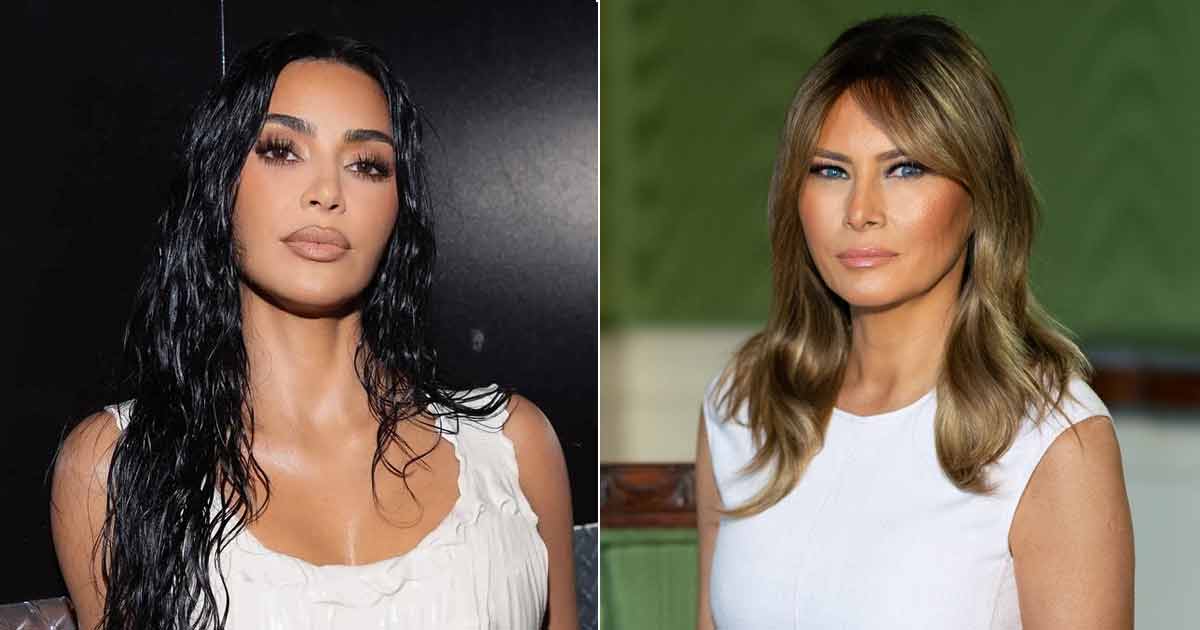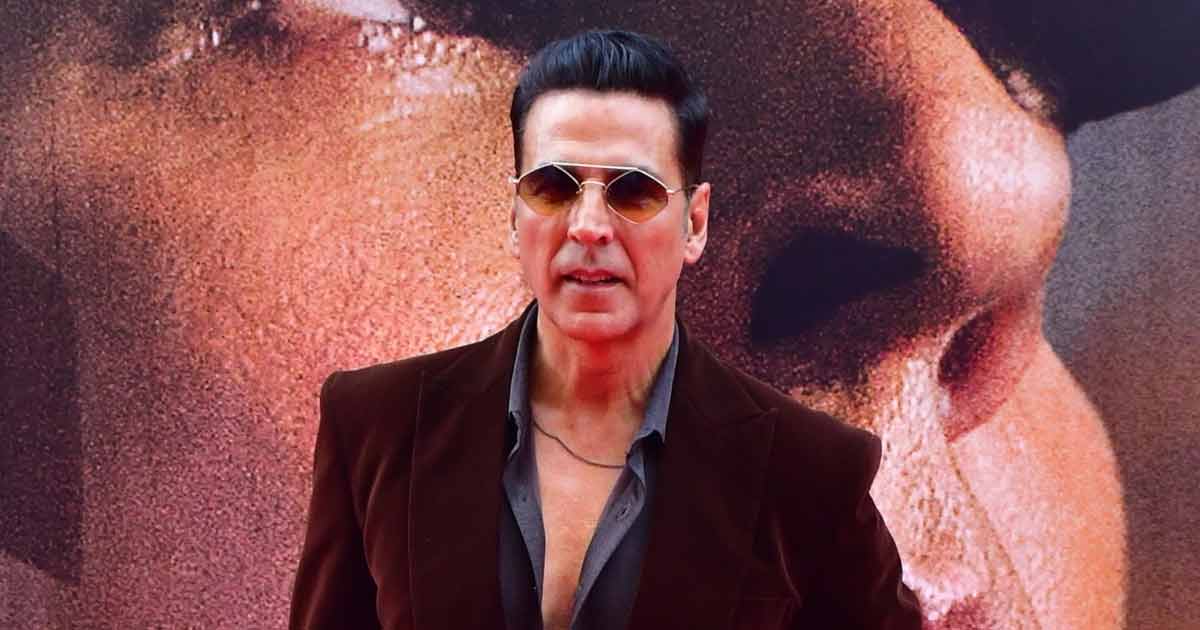The last time Hope Hicks spoke to Donald Trump, she said in a Manhattan courtroom on Friday, was in 2022. That year, text messages from the former president’s longtime aide—and one of the most visible faces associated with his early grip on political power—emerged during a House investigation into his role in the Capitol riot on January 6, 2021. Her boss, Hicks wrote to Ivanka Trump’s chief of staff, had “in one day” “ended every future opportunity that doesn’t include speaking engagements at the local proud boys chapter.”
It was a different story in the lead-up to the 2016 presidential election. Trump hired Hicks, who had previously worked for his daughter’s fashion brand, to serve on his campaign the year prior, and she rose through the ranks, eventually becoming White House communications director. Hicks was working closely with the future president when the Access Hollywood tape, during which Trump bragged about groping women with impunity, was released in the final stage of the campaign. During the last few weeks, Manhattan prosecutors have made the case that the threat posed by this revelation led to a conspiracy to suppress further information about Trump’s sex life. He has been charged with 34 counts of falsifying business records in order to conceal a hush money payment to the porn star Stormy Daniels, who has claimed to have slept with him in 2006. (Trump has pleaded not guilty and denied any affair.)
Taking the stand, and coming face-to-face with her erstwhile employer, Hicks described her reaction when she received an email from a Washington Post reporter about the tape.
“I was concerned. Very concerned,” Hicks testified. “I was concerned about the contents of the email. I was concerned about the lack of time to respond. I was concerned that we had a transcript but not a tape. There was a lot at play.”
Hicks, who was testifying under subpoena, said she was nervous about taking the stand and praised Trump on a few occasions. She called him “a very good multitasker and a very hard worker” and noted that he ran the Trump Organization “like a small family business.”
“Everybody that works there in some sense reports to Mr. Trump,” she added.
In crafting the campaign’s response to the Post’s outreach, Hicks said she leaned on Trump’s input. One of his initial reactions, she testified, was to say that his comments in the tape “didn’t sound like something he would say.” Soon enough, those remarks were heard to have come from his mouth. The media response “dominated coverage,” Hicks said. “It was all Trump all the time for the next 36 hours.”
As the defense began to cross-examine Hicks, she started to cry while discussing her time working at the Trump Organization.
The first few weeks of Trump’s trial have oscillated between granular discussions of business records and data maintenance and flashier excursions into the worlds of celebrity gossip and supermarket tabloids—courtroom reunions of the former president and boldface Trump-adjacent names. At some point, Michael Cohen, Trump’s one-time fixer who arranged the hush money payment to Daniels, will take the stand. Trump has often described Cohen as a traitor and liar.
Trump has not, to date, made any such public proclamations about Hicks. At around 1 p.m., he left the courtroom for lunch and offered a thumbs-up to reporters in the hallway.
“Did Hope Hicks betray you?” one of them asked.
He didn’t answer.







)